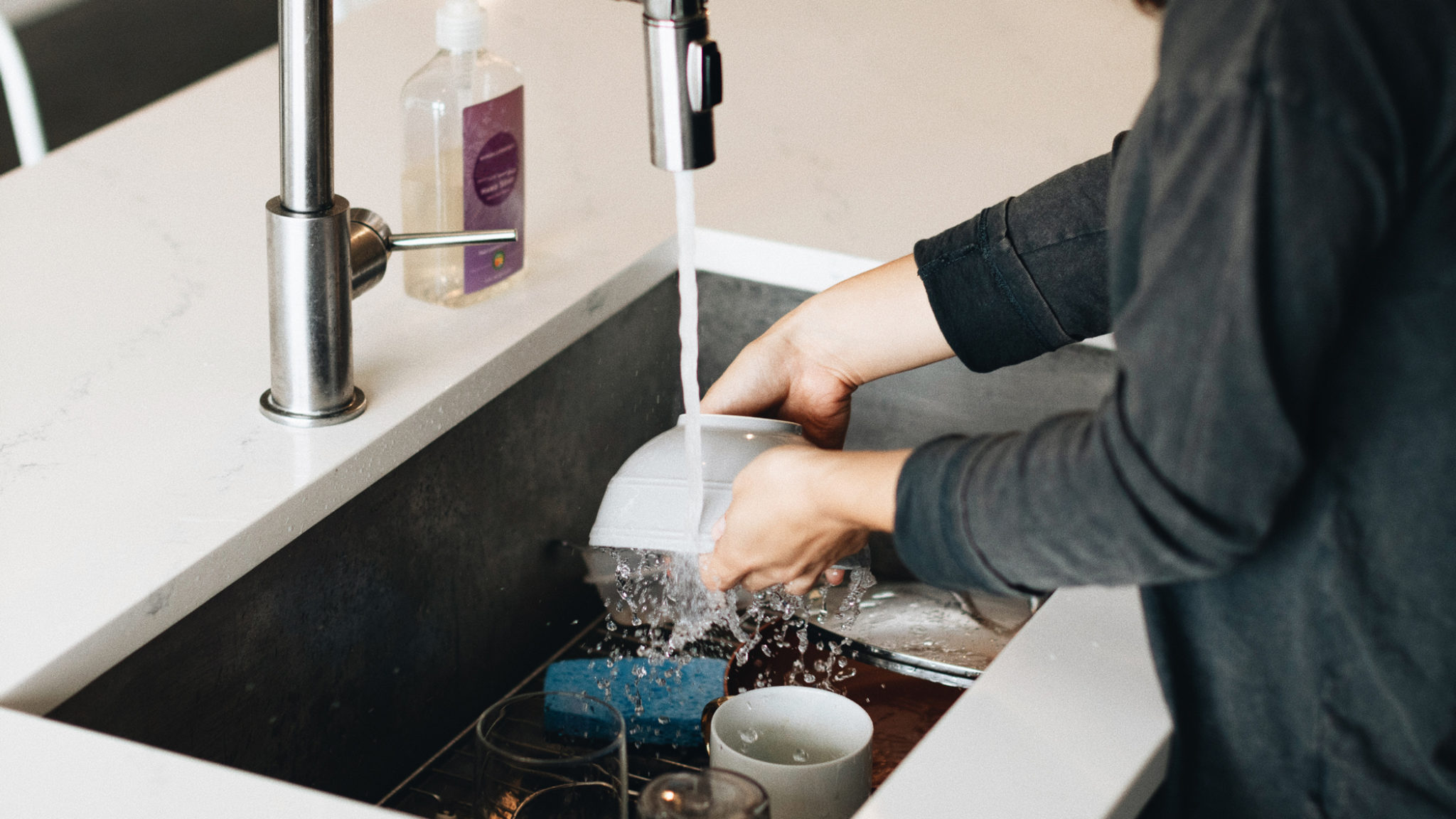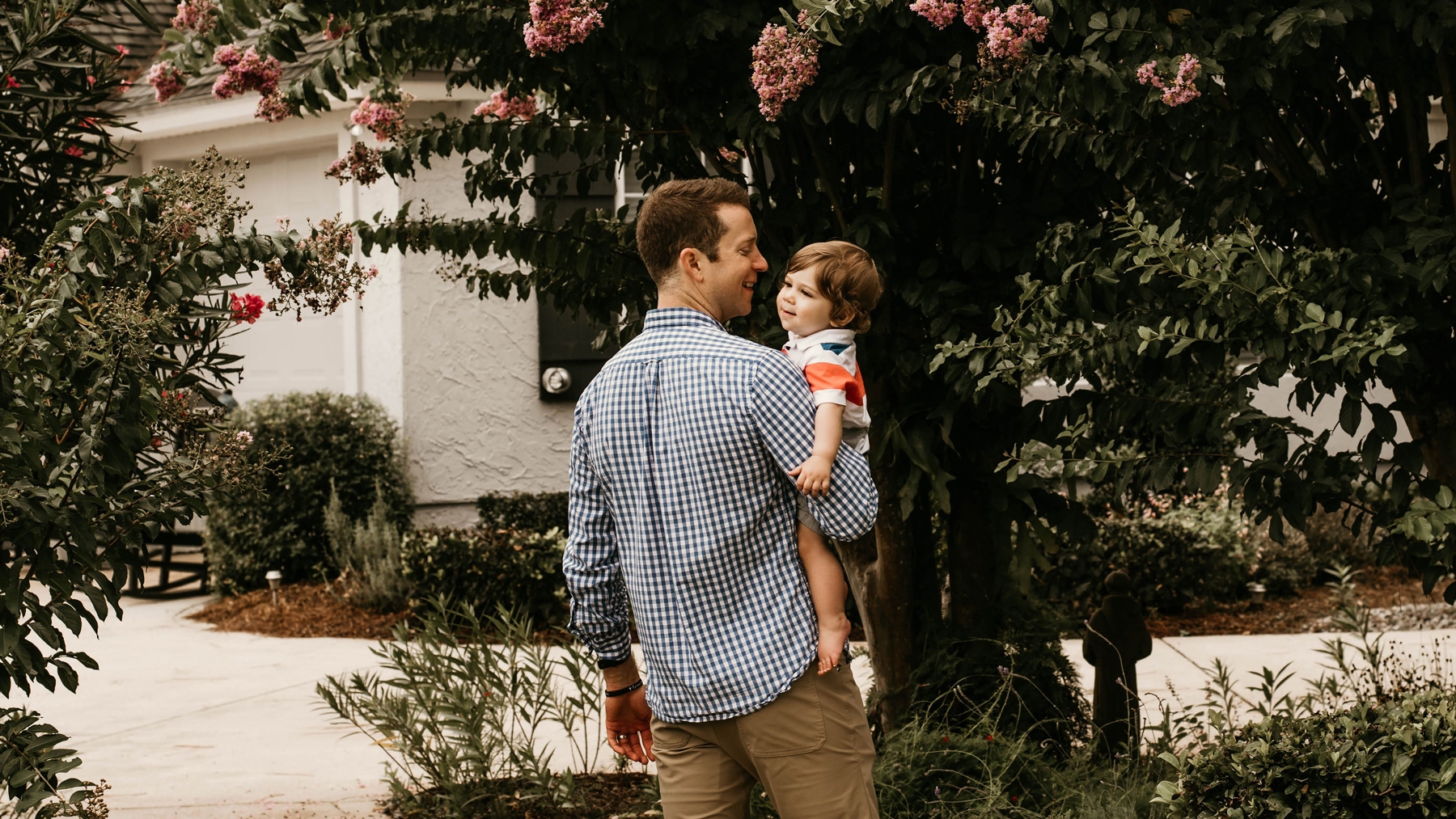
When a friend or loved one is diagnosed with cancer, we may experience a multitude of emotions. It is normal to feel upset, confused, anxious, and angry. It is also normal to want to find a reason or cause for the cancer or to help the person to look at the “bright side.” Each person experiences cancer differently and will react differently.
It is important to take cues from the person with cancer because everyone will cope in their own ways. Some may be more private, while others may talk more openly about their feelings. Let your friend or family member know that you are there, by his or her side to offer support and encouragement.
The best way to support a friend with cancer is to show up and take the journey with them.
Show empathy
To empathize means to understand the feelings of another. It means imagining yourself in the other person’s shoes. Follow your friend’s lead when it comes to talking about emotions, and remember your role is to listen and support. There is no need to solve problems or provide answers — sometimes people just need to voice their feelings out loud.
There is also no need to try to rationalize the cancer or to try to determine its cause. Statements like, “Everything happens for a reason” can seem to discount feelings of confusion or anger that the person may be feeling. Similarly, saying, “You are so strong” can make the person feel like they cannot voice their fears or concerns because they must keep up the appearance of being strong.
Instead, you could try saying something like, “Dealing with cancer must be difficult.” Or, “I don’t know what it feels like, but having cancer must be hard.” Then let the person take the conversation from there.
Bring or send food
Cooking and grocery shopping can seem like a huge challenge when going through treatment, both for the person with cancer and their immediate family members. Offer to bring a healthy meal, grocery basics, or even just snacks. If you know the person well, you could coordinate a “meal train” by reaching out to the person’s friends and families to schedule people to bring meals on specific dates. This coordination can relieve the burden of meal planning and receiving too much food at once.
Offer concrete and specific help
We often respond to someone who is suffering with the phrase, “Let me know how I can help.” While this phrase shows a willingness to help, it puts the burden of asking for and managing help on the person who is sick.
The definition of “help” differs from person to person. The person with cancer may be wondering what type of help you are willing and able to give. Be specific with your offer to help and always check with the person first. Below are some examples of ways to offer specific help:
- “I would like to bring you a meal to help during your treatment. Is that okay? Do you have any dietary restrictions? Is it okay to bring the meal over on a Sunday afternoon?”
- “I am free on Fridays and would like to help you around the house — cleaning, laundry or whatever you need. Is it okay if I come over on Friday afternoon to help?”
- “I am running to the grocery story today. If you send me a list, I would be happy to get you some groceries.”
- “I would like to help by picking up the kids once a week from school and taking them to play for an hour so you can rest. Would this be okay? Is there a day that works best for you?”
- “I wish I lived closer so I could help. I’d like to send you care package instead — what are your favorite types of [candy/books/magazines/puzzles/games, etc.]?”
Support the immediate family
Does your friend or family member have a spouse or significant other? Does the person have to move back to live at their parent’s house during treatment? If so, then the cancer diagnosis will also impact these family members or significant others. These caregivers will likely still be working; managing the household and possibly kids; emotionally supporting their loved one; keeping track of treatment, tests, and appointments. Any practical help you can offer will give the significant other the chance to focus on the person who is sick.
Also, be sure to check in with how the caregiver is doing emotionally. The caregiver may also just need a friend to talk with about normal things to give him or her a break from thinking about the cancer.
Concrete ways to help:
- Go grocery shopping for the person.
- Give the gift of a grocery delivery service or membership (think AmazonPrime, Instacart, etc.).
- Offer to babysit.
- Give a gift subscription to a video streaming service like Netflix, Hulu, etc.
- Offer help around the house like vacuuming, doing the laundry, or cleaning the bathroom.
- Drive the person to appointments or treatment.
- Send encouraging and silly text messages. Treatment can be an isolating time, and so these light-hearted messages can let the person know that he or she is not alone.
- Talk about normal things: friends, work, TV shows, etc. Your friend of family member likely needs a break from talking and thinking about cancer.
- Bring a favorite beverage (smoothie/coffee/tea) to the person and visit with them for an hour.
- Send a care package including favorite candies, magazines, games, puzzles, etc.
Every person and every situation will be different, and so tailor these suggestions to meet the individual needs of the person you know with cancer. Remember, the most important thing is to show up and be there for the person you know with cancer. How you do that will vary based on your relationship with the person and how you help may even change as treatment progresses. But by showing empathy and offering specific ways to help will let the person with cancer know they are not alone.























